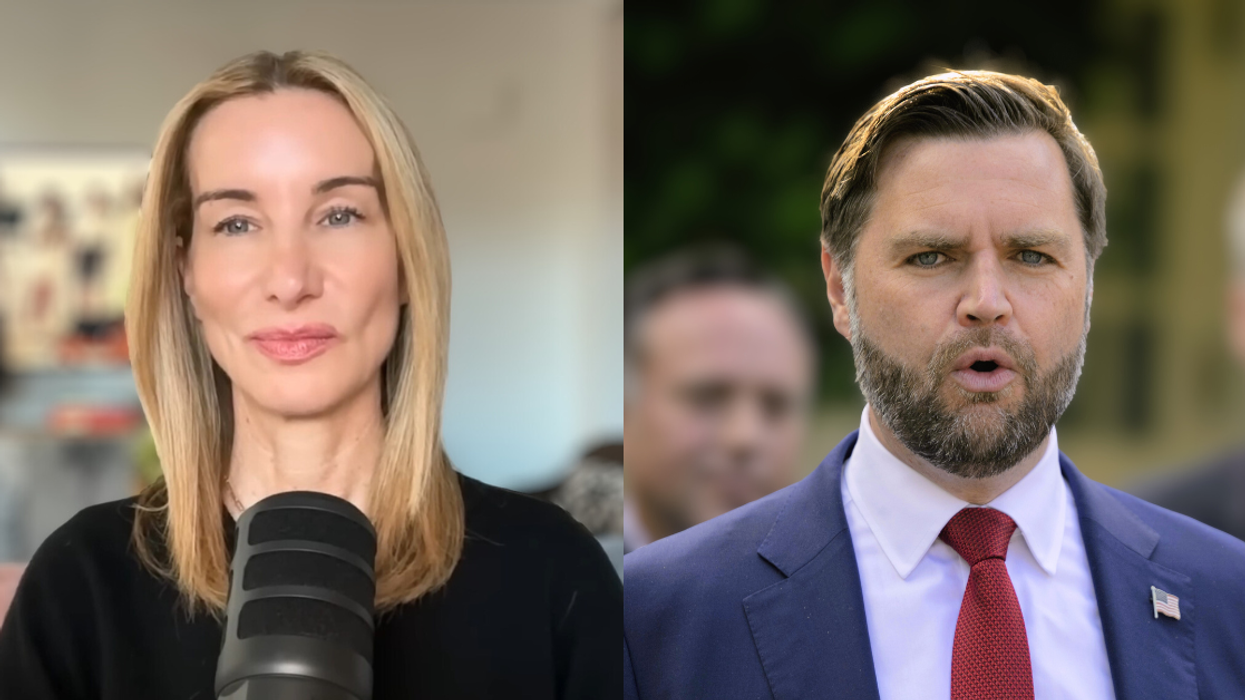President Donald Trump expressed his discontent for the United State's libel laws on Wednesday, referring to them as "a sham and a disgrace" before going into a Cabinet meeting.
“We are going to take a strong look at our country’s libel laws so that when somebody says something that is false and defamatory about someone, that person will have meaningful recourse in our courts,” Trump said. “And if somebody says something that’s totally false and knowingly false, that the person that has been abused, defamed, libeled, will have meaningful recourse.”
Trump's comments are a direct response to author Michael Wolff's tell-all book, Fire & Fury, which challenges the president's fitness for office.
The American Civil Liberties Union immediately fired back at the president on Twitter: "Reminder: There are no federal libel laws to “take a strong look at.” There is, however, the First Amendment, which thankfully is safe from Trump. https://www.aclu.org/issues/national-security/donald-trump-one-man-constitutional-crisis/#libel"
The ACLU goes on to explain that the United States has no federal libel laws, and the president has no power to demand changes to state libel laws: "President Trump’s threat to revise our country’s libel laws is, frankly, not credible. There is no federal libel law, and the president does not have the authority to change state libel laws."
The First Amendment to the United States Constitution guarantees citizens' right to free speech and a free press. The United States Supreme court has consistently set a very high standard for how public officials can win a libel suit. "For a public official to win a libel suit, the plaintiff must not only show that the defendant published a false and defamatory statement but that the defendant did so maliciously," according to the ACLU.
"In the 1964 case New York Times v. Sullivan, the court found that a journalist who published erroneous information about a public figure without knowing it was wrong was constitutionally protected," the ACLU wrote on their blog. "In a later case, the court said that if the legal system were to punish all false statements regardless of motive, it could “lead to intolerable self-censorship” by the press."
The ACLU emphasized the unconstitutionality of Trump's threats: "the First Amendment provides strong protections against libel liability, particularly with respect to statements about public figures or matters of public concern. Whatever President Trump might think, he has no power to override these constitutional protections."
The president's comments are nothing new, however. At the height of the 2016 presidential campaign, the former realty TV host promised to “open up our libel laws so when they write purposely negative and horrible and false articles, we can sue them and win lots of money.” Unfortunately for the president, that's not how libel laws work.
Further revealing his disdain for free speech, Trump has also floated the idea of hosting the "Fake News Awards." Since his days on the campaign trail, the president has habitually referred to any negative press coverage as "fake news," especially in regards to Special Counsel Robert Mueller's criminal investigation into possible obstruction of justice by the president. Irony seems lost on the president, who bemoans "fake news" yet has lied more than 2,000 times since taking office.



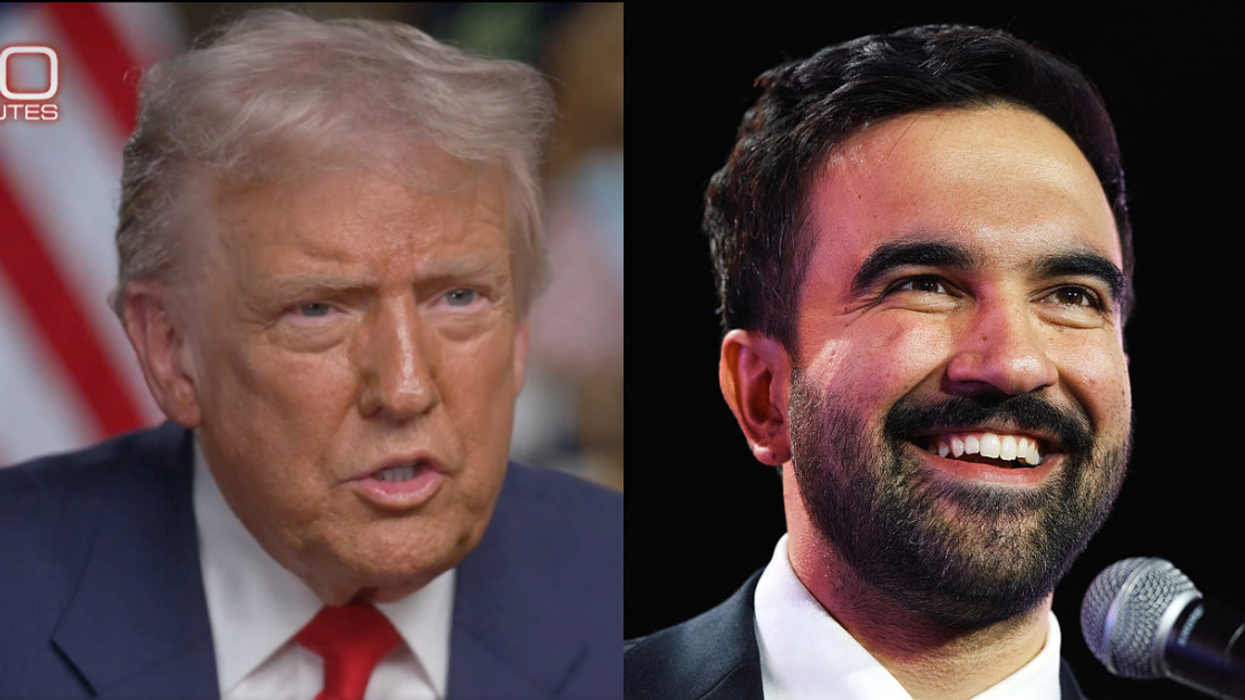
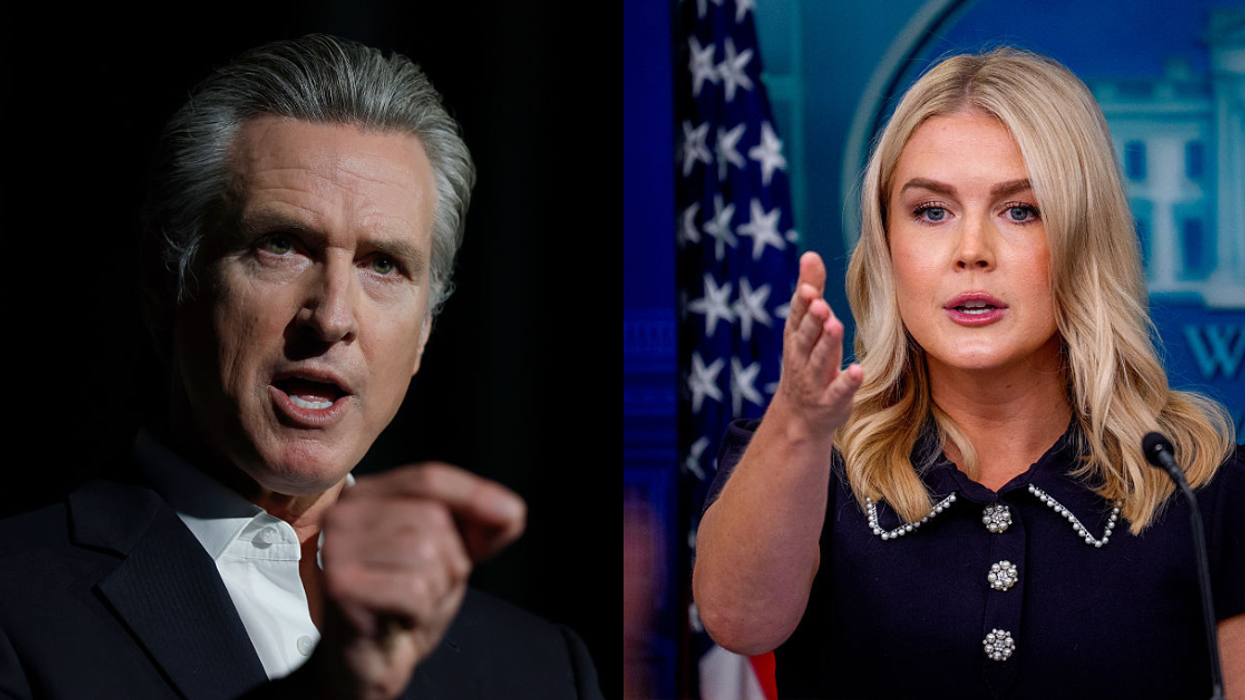







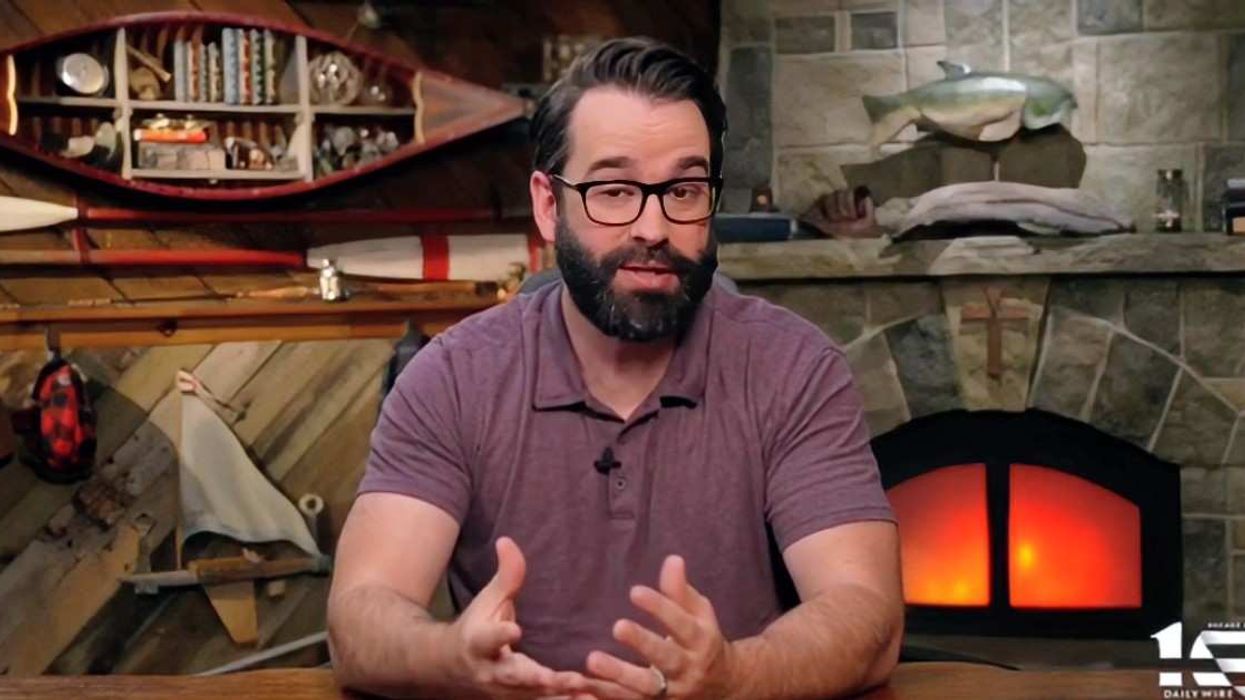
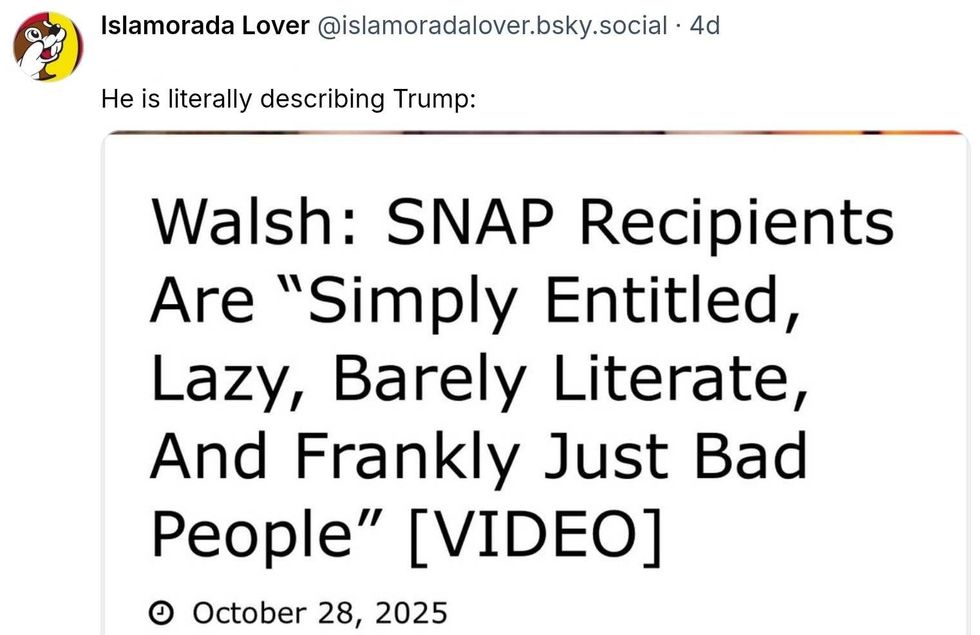 @islamoradalover/Bluesky
@islamoradalover/Bluesky @hillbillybluedog/Bluesky
@hillbillybluedog/Bluesky